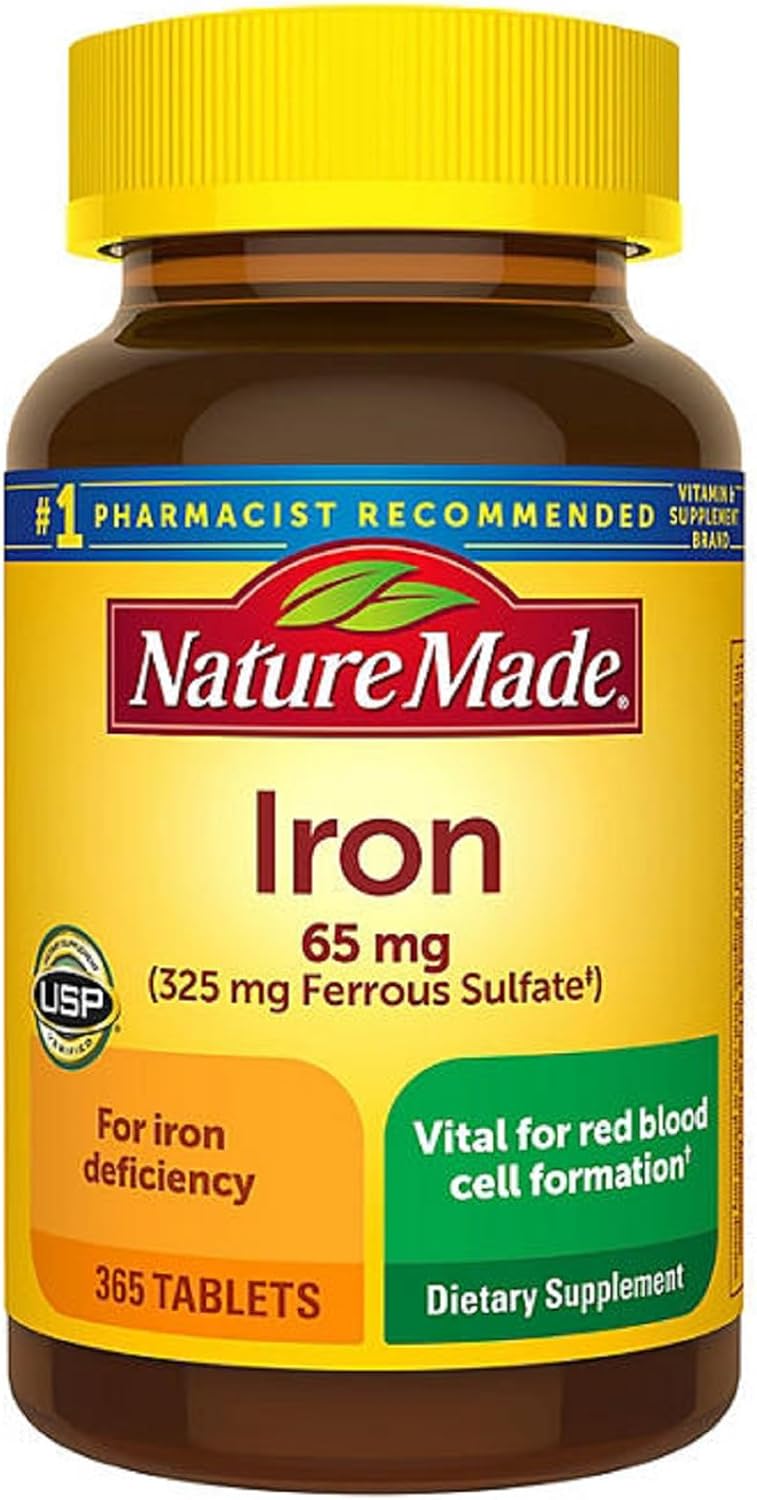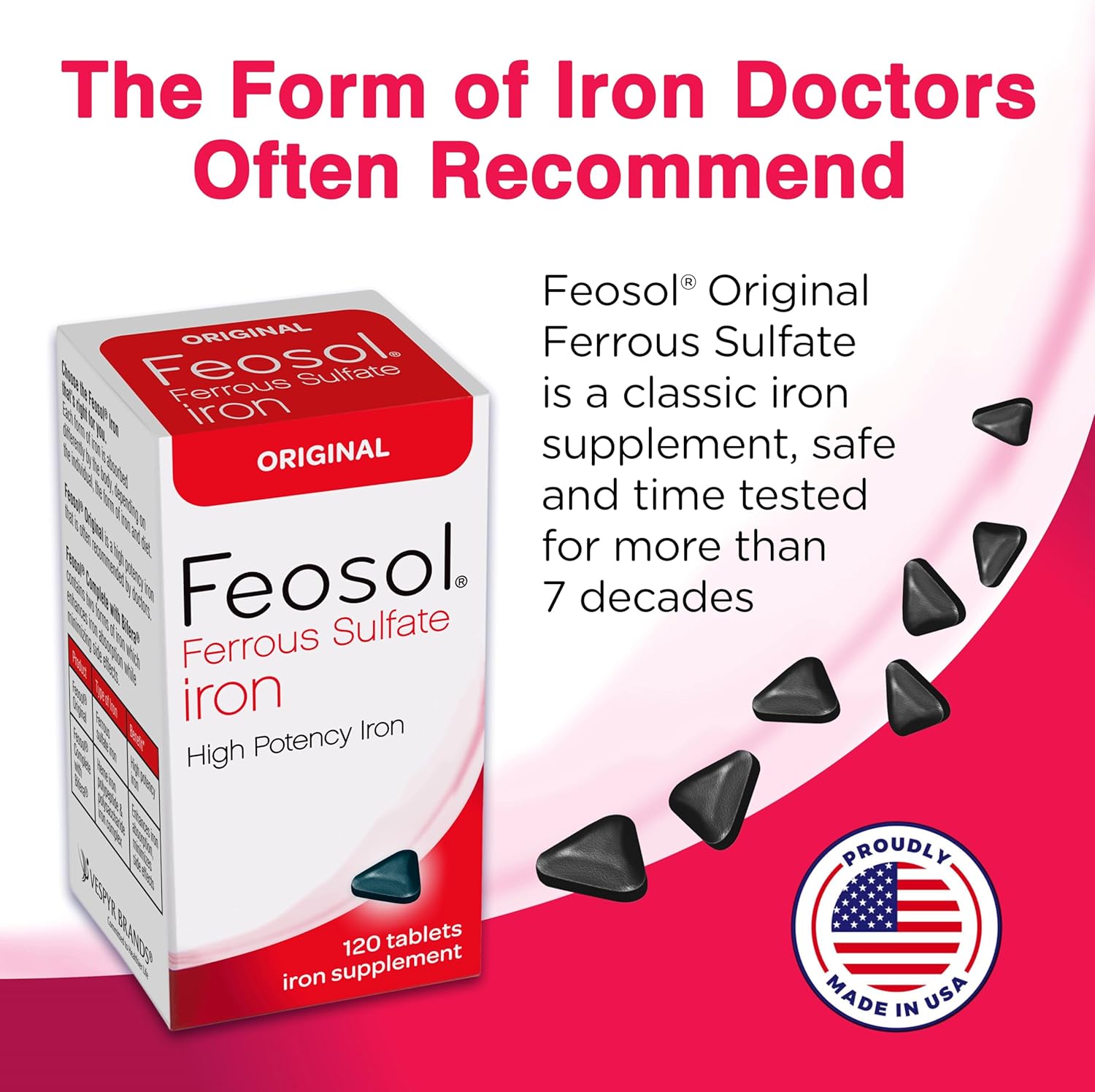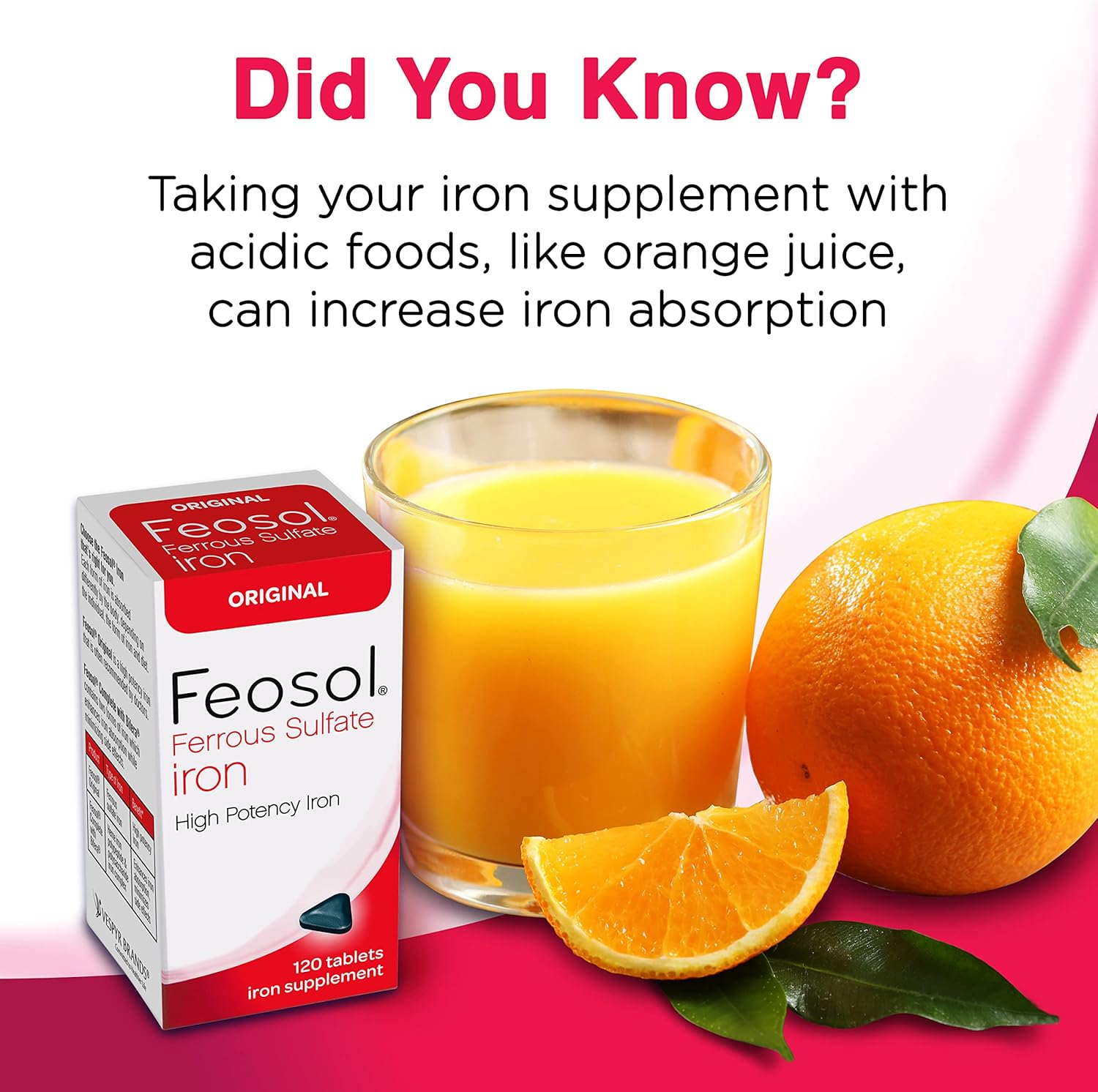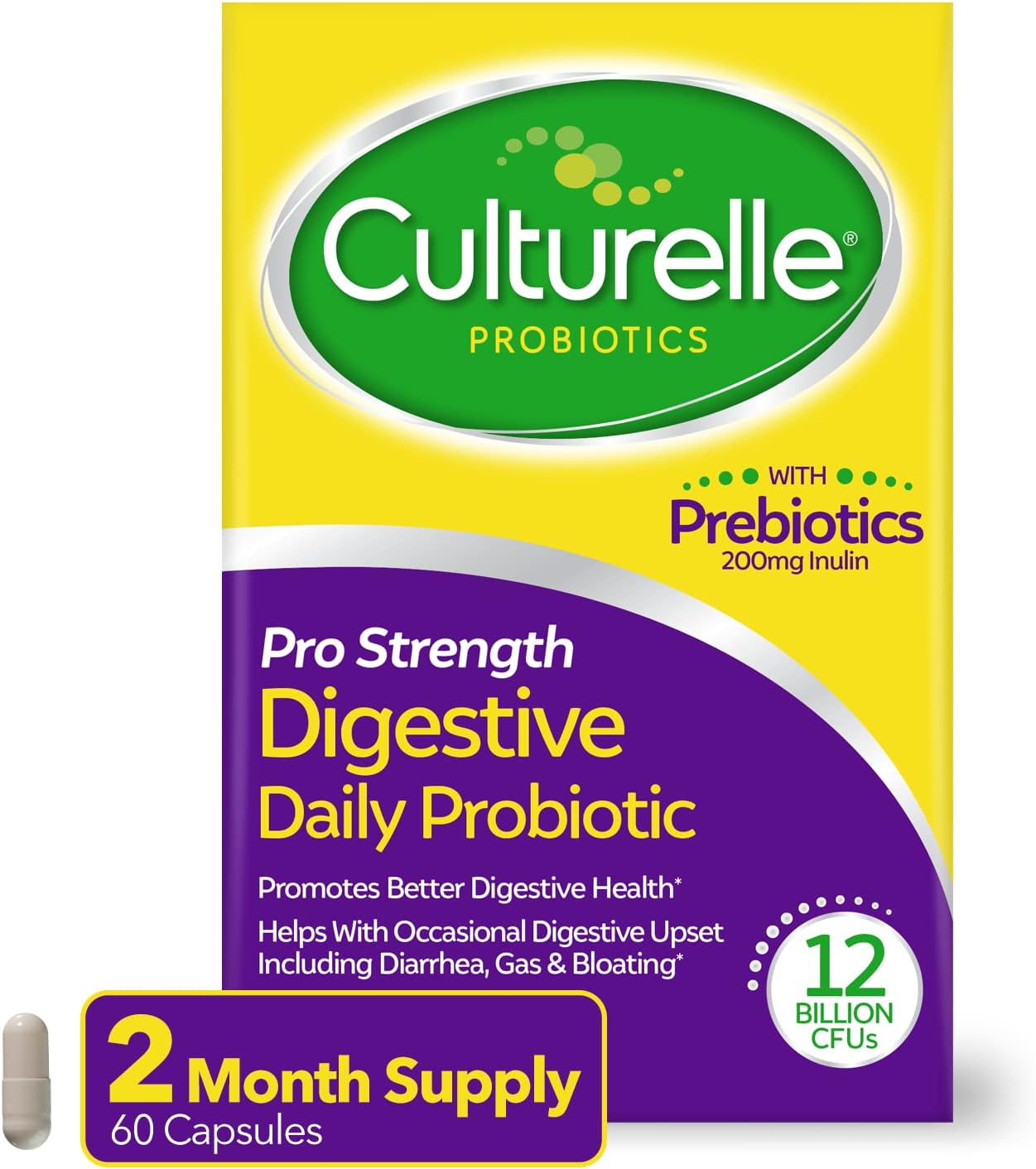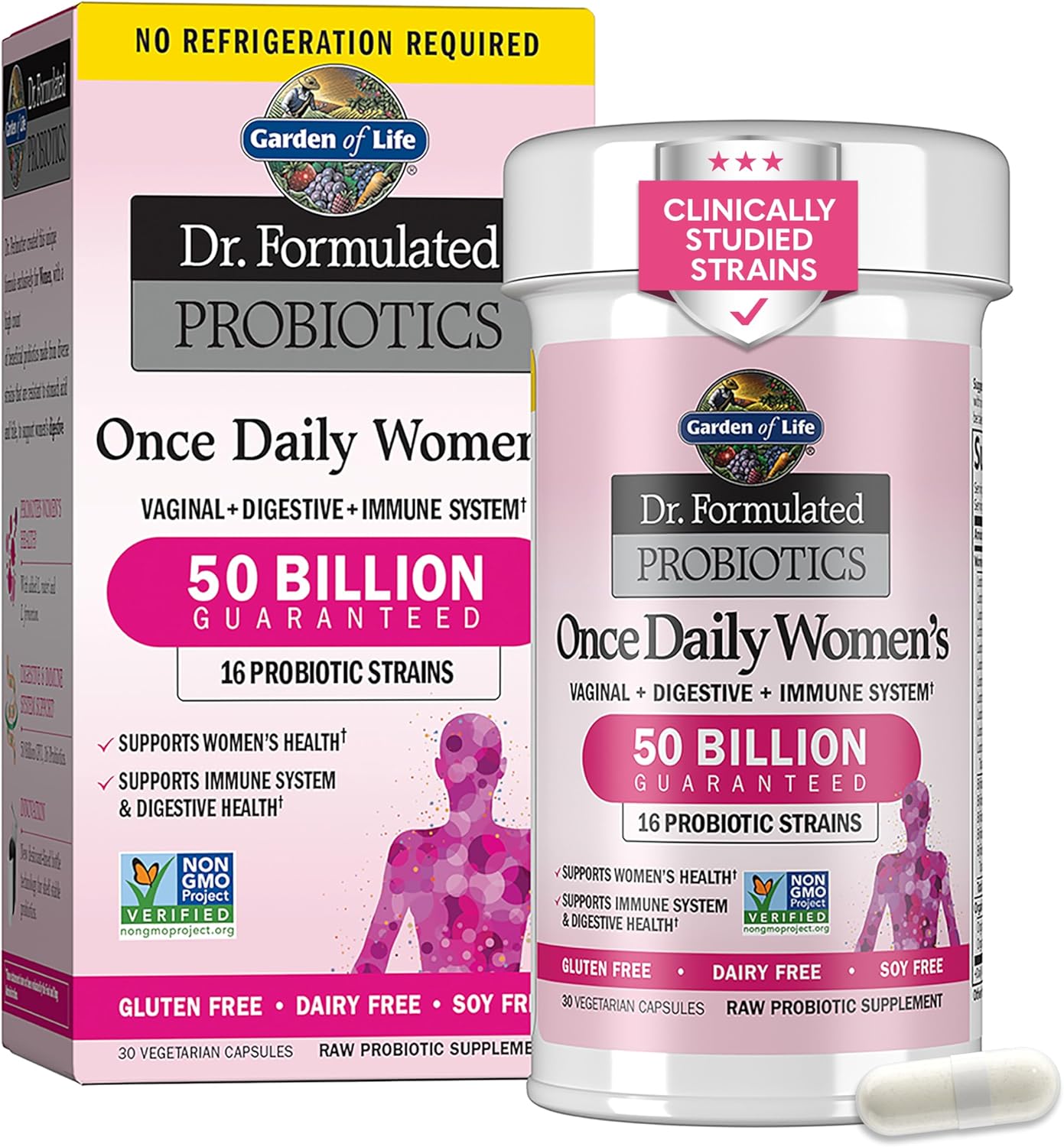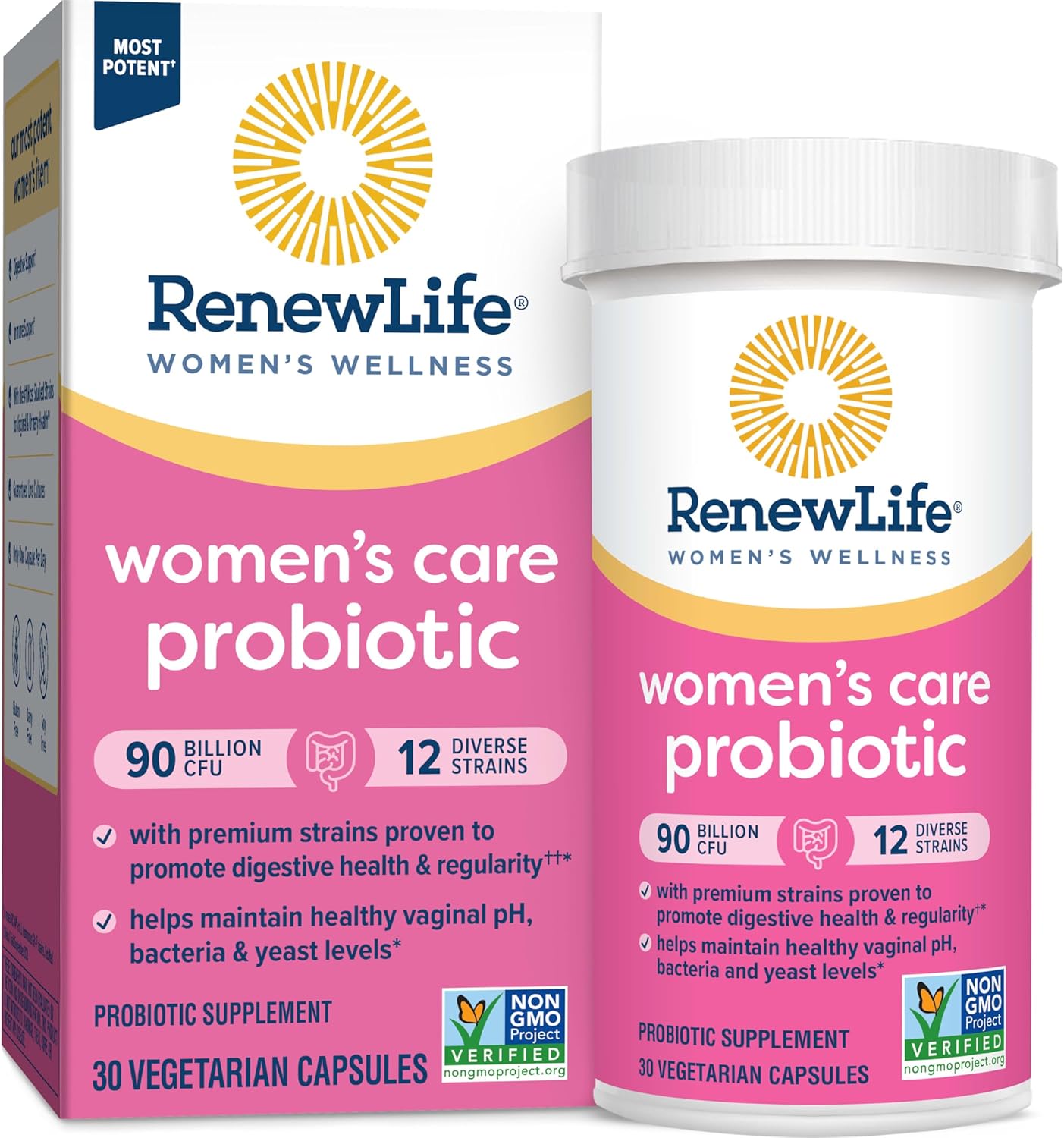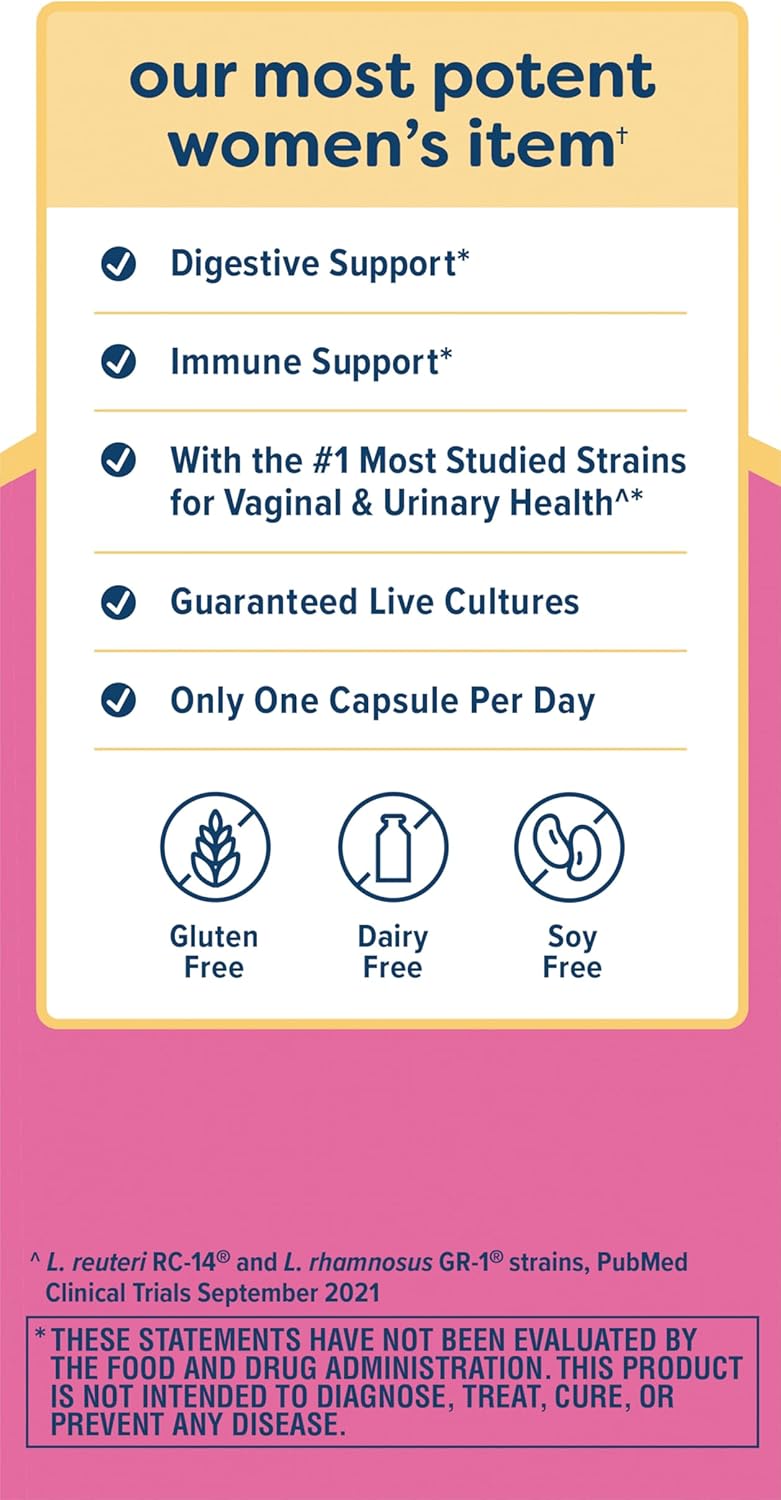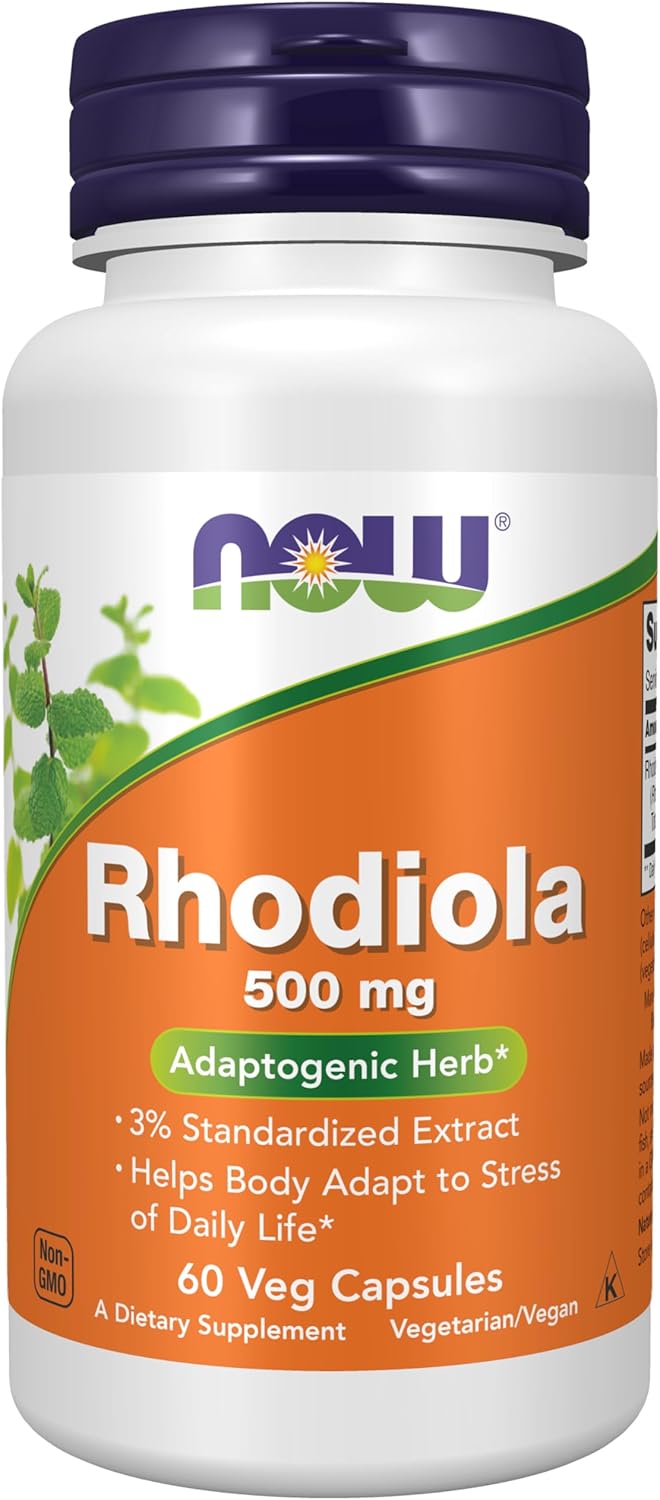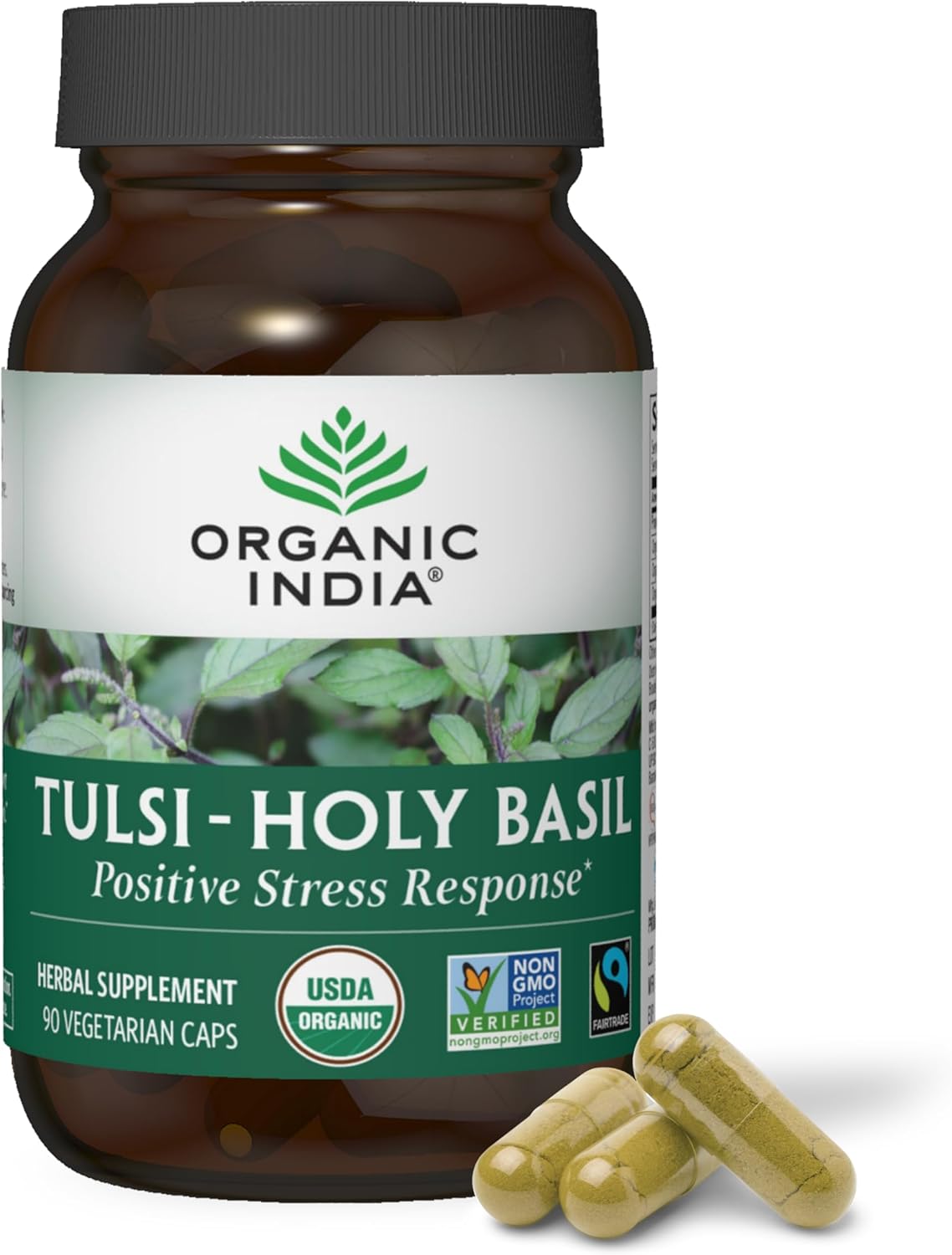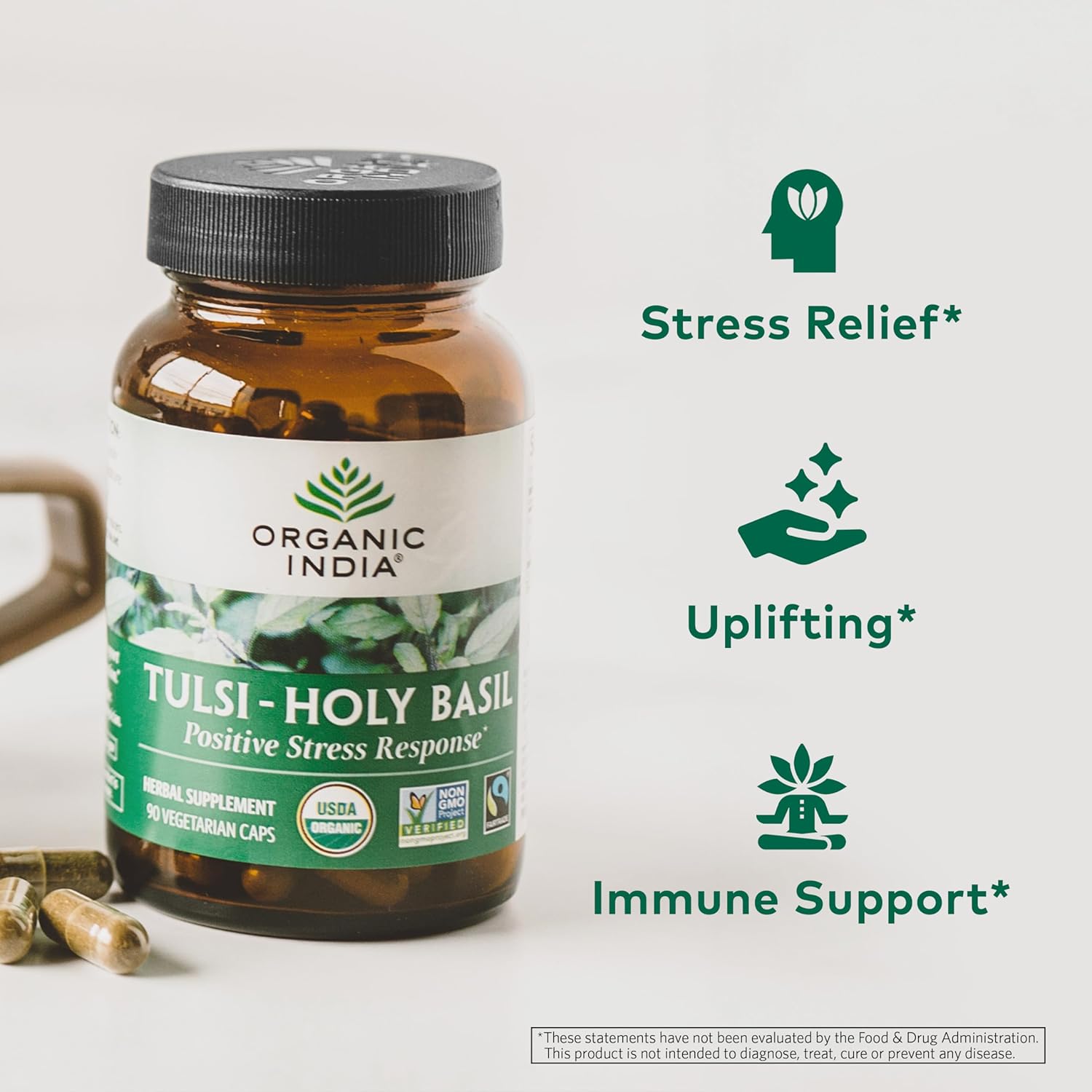As a new mom, I vividly remember the overwhelming fatigue that affected every part of my life. The excitement of welcoming my baby was paired with exhaustion like I’d never experienced before. Thankfully, I found that the right supplements can make a huge difference in postpartum recovery and energy levels.
Understanding Postpartum Nutrient Depletion
Pregnancy and childbirth can deplete essential nutrients in a woman’s body. After giving birth, many new moms experience deficiencies in vitamins and minerals, which contribute to fatigue, mood swings, and slower recovery.
Common Nutrient Deficiencies After Childbirth
- Iron: Blood loss during childbirth can lead to iron deficiency anemia.
- B Vitamins: Important for energy production, often depleted during pregnancy and breastfeeding.
- Vitamin D: Vital for mood regulation and immune function.
- Omega-3 Fatty Acids: Important for brain health and may help reduce postpartum depression.
- Magnesium: Supports energy production and promotes better sleep.
Key Supplements for Postpartum Energy
- Iron Iron is crucial for oxygen transport in the body. Blood loss during delivery can deplete iron levels, leading to fatigue and weakness.
- B-Complex Vitamins B vitamins help convert food into energy and are essential for reducing fatigue. They are water-soluble, so daily supplementation is recommended.
- Vitamin D Vitamin D deficiency is common in postpartum women, especially those with limited sun exposure. This vitamin supports mood regulation and immune function.
- Recommended Products:
- Nature Made Vitamin D3 2000 IU
- Amazon Elements Vitamin D3 2000 IU
- Kirkland Signature Vitamin D3 1000 IU
- Dosage: 1000-2000 IU daily is common, but your healthcare provider may recommend higher doses if you’re deficient.
- Recommended Products:
- Omega-3 Fatty Acids Omega-3 fatty acids, particularly DHA and EPA, support brain health and may reduce the risk of postpartum depression.
- Recommended Products:
- Nordic Naturals Ultimate Omega
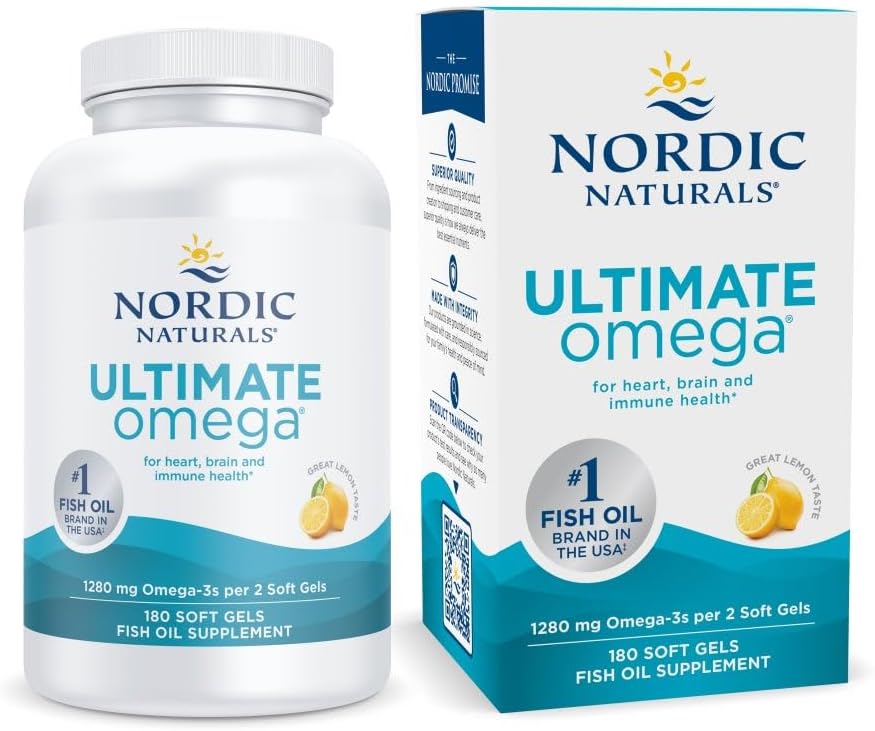
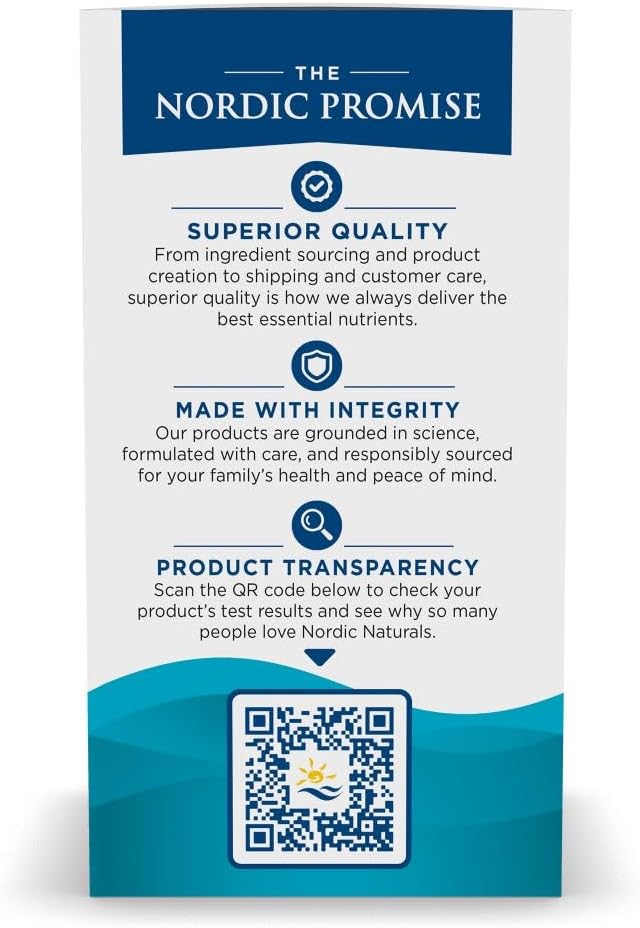
- Nature’s Bounty Fish Oil Omega-3
- Viva Naturals Omega-3 Fish Oil
- Dosage: Aim for 200-300 mg of DHA daily, especially if breastfeeding.
- Recommended Products:
- Probiotics Probiotics support digestive health and may reduce the risk of postpartum depression. A healthy gut aids nutrient absorption and overall energy.
- Recommended Products:
- Dosage: Look for a supplement with at least 1 billion CFUs per serving.
- Adaptogenic Herbs Adaptogenic herbs help the body cope with stress and may improve energy levels, which is especially helpful during the challenges of new motherhood.
- Recommended Products:
- Dosage: Always follow package instructions or ask your healthcare provider for advice.
- Magnesium Magnesium plays a role in over 300 enzymatic reactions in the body, and it’s essential for energy production and sleep quality.
- Recommended Products:
- Dosage: 310-360 mg daily for most women.
As an Amazon Affiliate, I earn commission from qualifying purchases.
Implementing Your Supplement Strategy
Start with a Baseline Assessment
Before starting any supplement regimen, it’s wise to check for specific deficiencies through a blood test. This can help tailor your supplement plan to your individual needs.
Prioritize Quality
Choose reputable brands that undergo third-party testing for purity and potency. Look for certifications like USP or NSF to ensure the quality of the supplements you choose.
Timing Matters
Some supplements work best on an empty stomach, while others need to be taken with food:
- Iron: Best absorbed on an empty stomach or with vitamin C.
- B-Complex: Can be taken with or without food.
- Probiotics: Take on an empty stomach for optimal absorption.
- Magnesium: Take with food to minimize digestive discomfort.
Start Slow and Be Consistent
Introduce new supplements one at a time and give each one a few weeks to observe their effects. Consistency is key to seeing results.
Potential Pitfalls and How to Avoid Them
- Overreliance on Supplements Supplements should complement, not replace, a healthy diet. Include nutrient-dense foods such as leafy greens, lean proteins, whole grains, and healthy fats in your meals.
- Interactions with Medications Some supplements may interact with medications. Always inform your healthcare provider about any supplements you’re taking.
- Excessive Intake More is not always better. Stick to the recommended dosages to avoid digestive issues or interference with nutrient absorption.
Key Takeaways
- Postpartum nutrient depletion is common, and supplements can help address deficiencies and boost energy.
- Iron, B-complex vitamins, vitamin D, omega-3s, probiotics, adaptogenic herbs, and magnesium are key to supporting postpartum energy.
- Quality, consistency, and proper timing are crucial for supplement effectiveness.
- Regular reassessment of your supplement regimen is essential, as your nutritional needs may change.
Recommended Products on Amazon:
- Nature Made Iron 65 mg
- Garden of Life Vitamin B Complex
- Nature Made Vitamin D3 2000 IU
- Nordic Naturals Ultimate Omega
- Culturelle Daily Probiotic
- amzn.to/4iOZ7XH
- Natural Vitality Calm Magnesium Gummies
By following these strategies and incorporating these supplements into your routine, you’ll be better equipped to tackle the challenges of motherhood with the energy and vitality you need.
